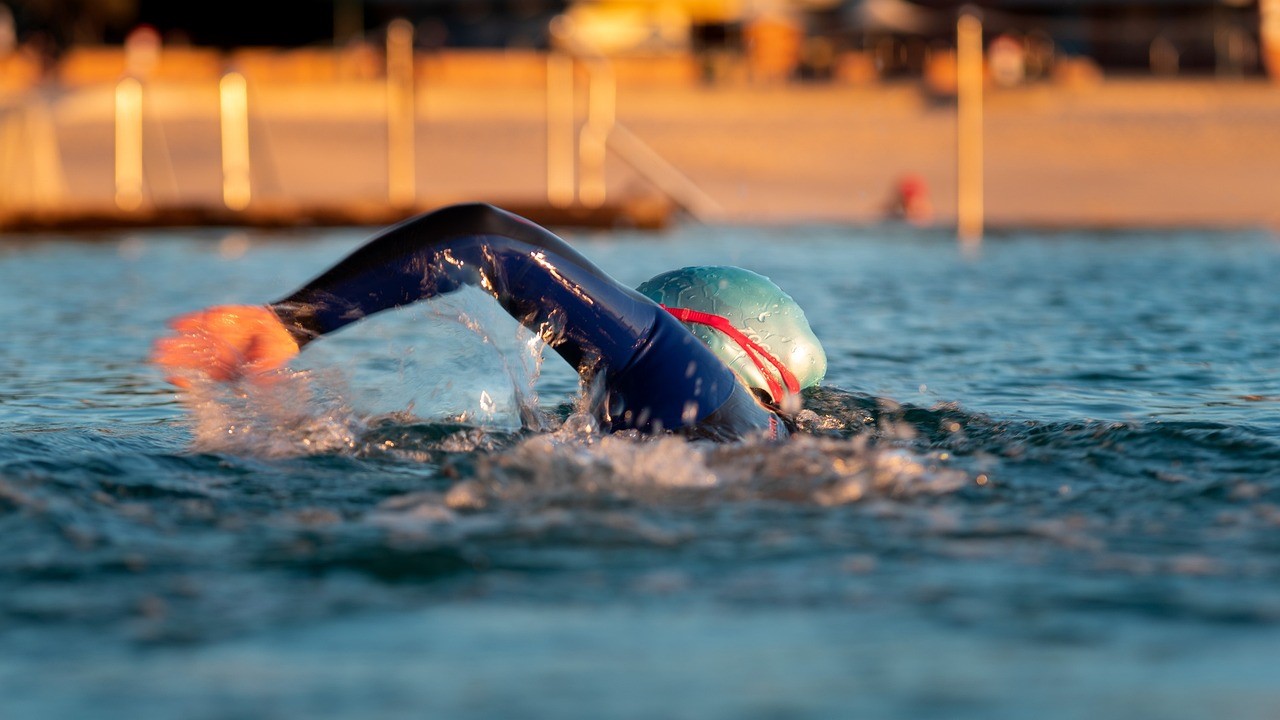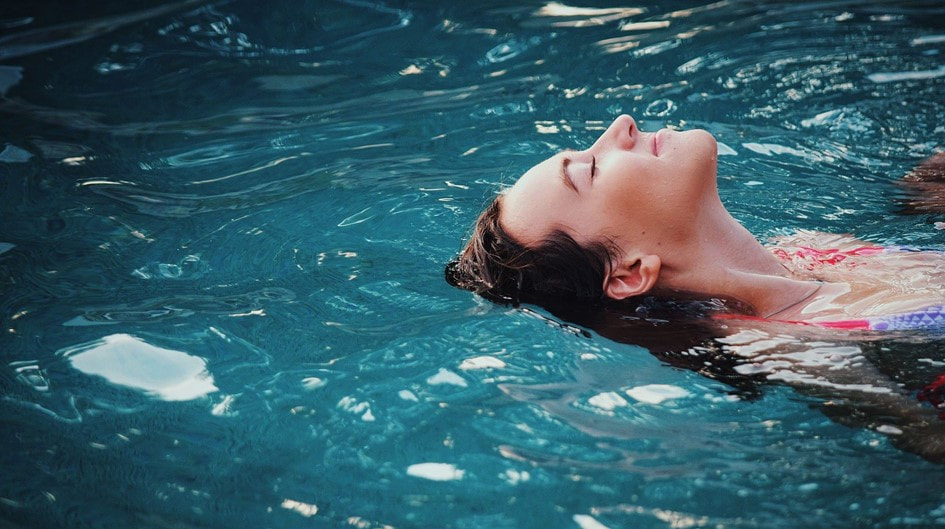|
Swimming and triathlon are highly demanding sports that requires rigorous training to achieve peak performance. Swimmers and triathletes often push themselves to the limit to improve their speed, endurance, and technique. While intense training is essential for success, there is a fine line between effective training and overtraining. Overtraining in swimming can have detrimental effects on an athlete's physical and mental well-being, as well as their overall performance. Adult Swimmers and Overtraining Adult swimmers, like their younger counterparts, are also susceptible to overtraining due to several factors. These individuals, driven by personal goals, competitive desires, or even the pursuit of fitness, can sometimes push themselves too hard, often without the proper guidance. Adult swimmers may overtrain by increasing training volume or intensity rapidly, as their enthusiasm for improvement can lead to the misconception that more is always better. In many cases, adults juggle demanding work schedules (especially in London), family responsibilities, and other commitments, leaving them with limited time for rest and recovery. This can result in insufficient recuperation between workouts, making them prone to the physical and mental consequences of overtraining. Additionally, adult swimmers may lack the experience or professional guidance required to manage their training loads effectively, ultimately making them vulnerable to the perils of overtraining. Please contact Strictly Swimming London for a lesson if you feel that you are experiencing problems in your training, and we can offer advice. Understanding Overtraining Overtraining, also known as overtraining syndrome (OTS), occurs when an athlete's training intensity and volume exceed their capacity for recovery. It is a complex and multi-layered condition that can affect swimmers of various levels. Understanding the signs and symptoms of overtraining is the first step in preventing it. Signs and Symptoms of Overtraining
Causes of Overtraining Several factors can contribute to overtraining in swimming, and it's often a combination of these factors that lead to the syndrome. Identifying these root causes is essential for prevention and intervention.
Effects of Overtraining Overtraining can have severe and far-reaching effects on both an athlete's physical and mental well-being. These effects can not only hinder performance but also pose risks to an athlete's overall health. 1. Physical Effects
2. Mental and Emotional Effects
Prevention of Overtraining Preventing overtraining is paramount to an athlete's long-term success and well-being. Implementing these preventive measures can help maintain a healthy balance between training and recovery.
Recovery Strategies If an athlete is already in the grips of overtraining, it is crucial to implement recovery strategies to alleviate symptoms and return to a healthy state.
At Strictly Swimming London lessons, we can create a lesson to reintroduce you back into the pool after overtraining, we can advise you in your lessons on overtraining if you have been suffering from many of the above problems and we can look at a training programmes with the focus on preventing overtraining. Practically everyone would agree that there is something therapeutic about being in or being around water. Even if you are a non-swimmer or have a phobia of water, just being calm and peaceful around water is relaxing for the majority of people.
Getting out of the bustling towns and cities and walking along a beach can be hugely helpful for your mental wellbeing. We all know that feeling of swimming underwater and being in another world. It’s no wonder swimming can put you into an ideal mental space. This effect is equally shown around swimming pools. Swimming for relaxation, leisure or hard training has mental health benefits up and above many other sports. Increased self-esteem is a key psychological benefit of regular physical activity. And as a form of physical activity, swimming is hard to beat! Scientific Research on the Mental Health Benefits from Swimming
If you want a challenge and boost your swim training, maybe its time to take advantage of our adult swimming lessons with one of our London coaches. Let our Strictly Swimming London coaches develop your swimming to such a level that you can literally ‘drown’ out all those unwanted thoughts and stresses of your London life. Many swimmers voice that a swimming workout seems to eliminate a bad mood much more efficiently than running, so the time has come to take the plunge once the Covid-19 pandemic slows down and life returns to normal. |
AUTHORPaul started competing in swimming from the age of 8 and eventually went on to represent his country all over the world. During his time at University, Paul specialised in Aquatics and the Biomechanics of Swimming and produced numerous theses on swimming performance. TOPICS
All
ARCHIVES
June 2024
|
Let's connect!
Copyright © 2024 Strictly Swimming



